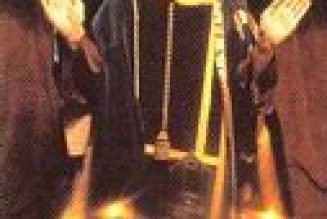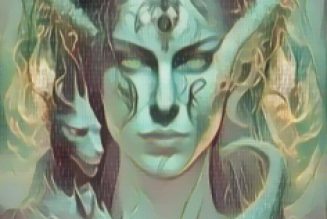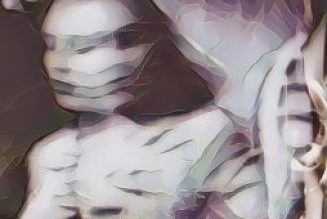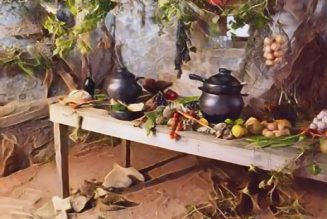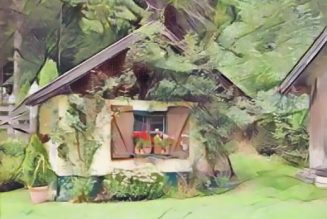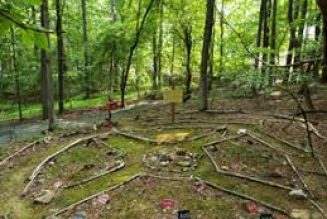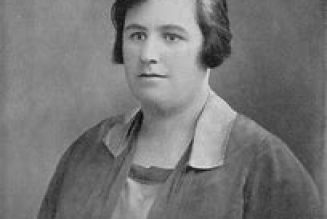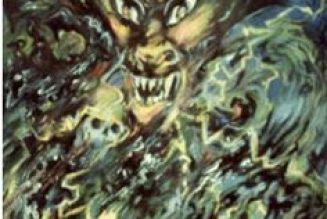Participants in the lingering remnants of an ancient agrarian cult in northern Italy, which came to the attention of the Inquisition in the late 16th century because of the cult’s nocturnal battles with witches and warlocks over the fertility of the crops and livestock. The term benandanti means “good walkers.” The cult flourished in the Friuli region of Italy, an isolated area where Italian, German and Slavic traditions met and mingled. The benandanti were comprised of men and women born of the caul, that is, with the inner fetal membrane still covering the body, especially the head. This was a sign not only of the benandanti but of supernatural powers of healing the bewitched and the power to see witches. Some benandanti saved their cauls and wore them about their necks as amulets or talismans. The benandanti were compelled to serve their villages during the Ember Days, the changing of the seasons marked by the solstices and equinoxes. At midnight, usually on Thursday but sometimes on Friday or Saturday of the Ember Days, they were summoned, sometimes by drums or, tradition has it, by angels. If they did not respond promptly and were late, they were severely beaten. They left their bodies, and their spirits assumed the shapes of butterflies, mice, cats and hares. They went to the valley of Josaphat in the center of the world, where they met the army of witches and warlocks, also in spirit guises. The benandanti would be armed with stalks of fennel, renowned for its healing properties; the witches would be armed with sorghum stalks, a type of millet perhaps identified with brooms. For an hour or several hours, the opposing spirit armies engaged in battle, beating each other with their stalks. If the benandanti won, the year’s crops would be abundant. If the witches won, storms would plague the growing and harvesting seasons, and famine would ensue. After the “games,” as the battles were called, the benandanti and the witches passed by houses looking for clean water to drink. If they found none, the witches entered the cellars and either overturned the wine casks, or drank the wine and urinated in the casks. The spirits had to return to their bodies by cock’s crow. If they did not, or if their bodies had been turned over onto their stomachs while their spirits were gone, they either had great difficulty re-entering them, or could not get back in at all. The spirits then were forced to wander the earth until their bodies’ destined time of death arrived.
Benandanti 1
893 views














